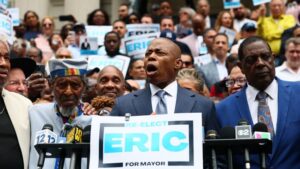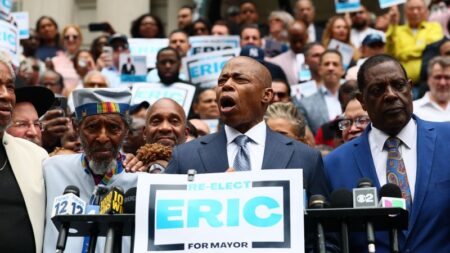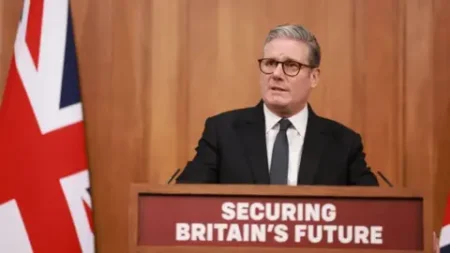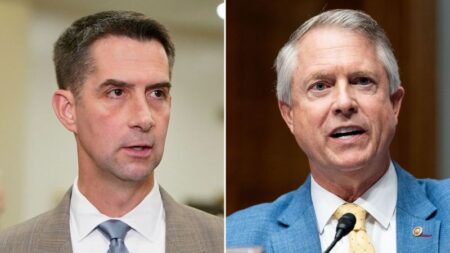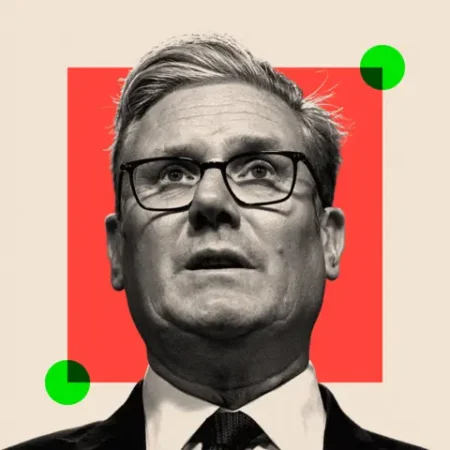**A Hat-Trick of U-Turns: Analyzing the Recent Political Climate**
In recent days, the UK government has faced a series of significant political U-turns, culminating in what political commentators are calling the most awkward repositioning yet. Just within a month, three critical decisions have reversed course, each reflecting the evolving landscape of government policy and public sentiment. The initial pivot on the winter fuel payment for millions of pensioners set the stage for subsequent changes, including an unexpected inquiry into grooming gangs and, most recently, a significant adjustment concerning the welfare system.
The first of these controversial decisions revolved around the winter fuel payments, initially scrapped but later reinstated following widespread public outcry. Following this, the government faced pressure to reconsider its stance on clinical inquiries, specifically one that delves into the actions and impacts of grooming gangs, ultimately deciding an inquiry was indeed necessary after previously dismissing the idea as unwarranted. The crux of these shifts reflects not only the government’s response to political pressure but also a broader admission that certain policies prompted considerable backlash among constituents.
The latest U-turn regarding the welfare state has emerged as a focal point of political debate. Sir Keir Starmer, the Labour party leader, has found himself navigating turbulent waters. Recently, he faced visible challenges during a critical moment abroad at the NATO Summit in the Netherlands, which was marked by significant dissent among his colleagues back in the UK. Hundreds of Labour MPs openly criticized their leader, demonstrating a well-coordinated push against policies they felt inadequately served the public interest. The mounting pressure became evident in the 48 hours preceding the government’s concession, which was deemed nearly inevitable — leading to a hastily arranged capitulation to prevent wider defeat.
Despite the government’s initial efforts to forge ahead with reforms aimed at curbing a rapidly escalating benefits bill, they were met with sustained opposition from party members and constituents alike. The Prime Minister, alongside Chancellor Rachel Reeves, believed that limiting the growth of welfare expenses was crucial for the sustainability of the welfare state. However, the vocal dissent from within the party forced the government to reconsider its position following initial resistance to changing course.
As the government grappled with internal discontent, the political landscape quickly shifted. By Thursday evening, reports indicated that significant concessions had been made in a bid to unify party members once more. However, the formal announcement only surfaced at half past midnight the following day, a delay that underscored the discomfort and urgency underpinning the situation.
The fallout from these decisions is likely to resonate for an extended period. Politically, the ramifications for the Treasury and its fiscal strategy pose considerable challenges, as Chancellor Reeves’s image of economic competence is put to the test. As the government works to adjust its financial forecasts in light of swift changes to welfare policy, the integrity of its financial management is brought into question.
Moreover, these U-turns are critical for their impact on Sir Keir Starmer’s authority. Moments of stark policy reversal can leave lasting scars on a political leader’s credibility, both within their party and among the electorate. It’s a disconcerting scenario for a government with a substantial majority, especially as it navigates its first year in office.
This cascade of backtracking reveals more than just a struggle for policy coherence; it highlights the intricate balance political leaders must maintain between adherence to party ideology and responsiveness to public sentiment. As these political dramas unfold, the government faces heightened scrutiny and an uncertain path forward, with many eyes closely watching how each decision will influence their standing in the broader political arena.



